Division of Cancer Biology
The Division of Cancer Biology is focused on understanding the molecular alterations important in the development and progression of cancer, and in determining how the disease responds to treatment. The goal is to translate advances in the molecular characterisation of tumours into approaches to successfully implement personalised cancer treatment.
The Division of Cancer Biology was previously known as the Division of Molecular Pathology. The division's name was changed in February 2025 to better reflect the science happening within it.
Aims, facilities and activity in this division
The division consists of groups investigating a number of tumour types, including breast prostate, paediatric, skin and blood cancers. Researchers are comprehensively characterising the molecular features of cancer, and through strong links with other colleagues elsewhere in The Institute of Cancer Research, London, and at The Royal Marsden NHS Foundation Trust, aim to establish new molecular diagnostics and novel molecular therapeutic targets in cancer.
Researchers in the division have successfully developed personalised medicine strategies for blood cancers – myeloma, leukaemia and lymphomas. They are now looking to do the same for breast and paediatric cancers, along with rarer cancers, such as soft-tissue sarcomas for which few treatments are available.
Researchers are also examining changes in the cancer epigenome to provide understanding of tumour development and response to treatment; and using deep sequencing technologies to identify specific molecular alterations that lead to drug resistance not only in individual tumours, but in specific metastatic sites.
Join us
We are recruiting two exceptional Group Leaders to join the Division of Cancer Biology and the Centre for In Vivo Modelling (CIVM). This is a unique opportunity to shape the future of cancer biology research, lead innovative programmes, and make discoveries that transform patient outcomes.
These new Group Leaders will investigate fundamental mechanisms of tumour initiation, progression, and treatment resistance, and develop cutting-edge preclinical models to advance understanding of cancer biology. Working in close collaboration across the ICR and The Royal Marsden Hospital, the postholders will translate discovery science into new therapeutic opportunities, contributing to the ICR’s mission to make the discoveries that defeat cancer.
Research group leaders
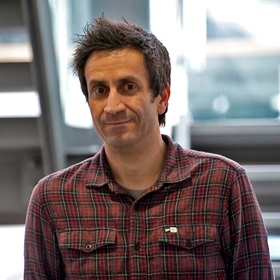
Professor Chris Jones
Head of Division
Glioma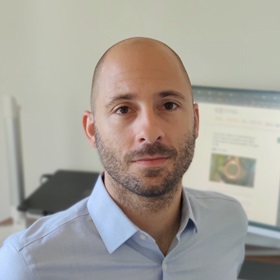
Dr Marco Bezzi
Group Leader
Tumour Functional Heterogeneity
Professor Trevor Graham
Director of the Centre for Evolution and Cancer
Genomics and Evolutionary Dynamics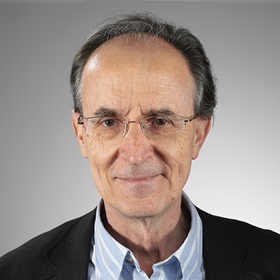
Sir Mel Greaves
Group Leader
Biology of Childhood Leukaemia
Professor Paul Huang
Group Leader
Molecular and Systems Oncology
Professor Kamil R Kranc
Director of the Centre for In Vivo Modelling & Group Leader
Haemato-Oncology Group
Dr Luis Zapata Ortiz
Group Leader
Evolutionary Immunogenomics
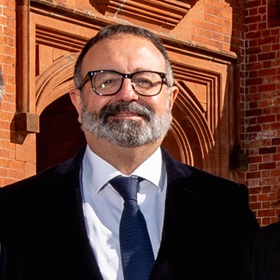
Professor Manuel Salto-Tellez
Group Leader
Integrated Pathology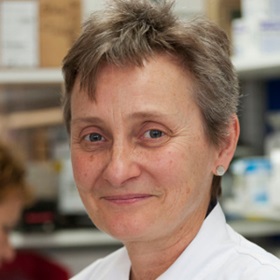
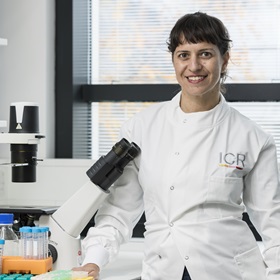
Dr Astero Klampatsa
Group Leader
Thoracic Oncology Immunotherapy GroupHonorary faculty members
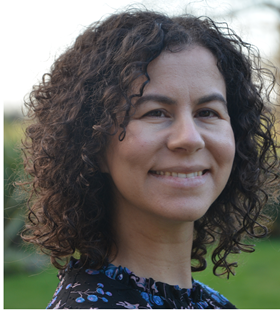
Dr Dima El-Sharkawi
Associate Honorary Faculty
Chronic Lymphoid Malignancies: Clinical Trials and Translational Research (El-Sharkawi)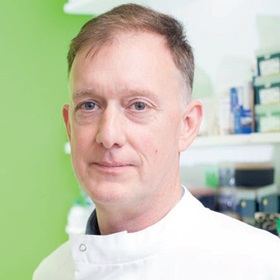
Professor Michael Hubank
Honorary Faculty

Dr Sunil Iyengar
Associate Honorary Faculty
Lymphoma Biology and Imaging

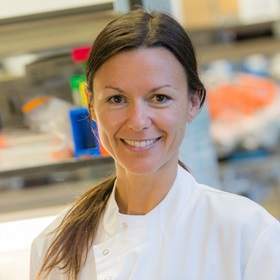


.jpg?sfvrsn=83f9c0d2_1)
